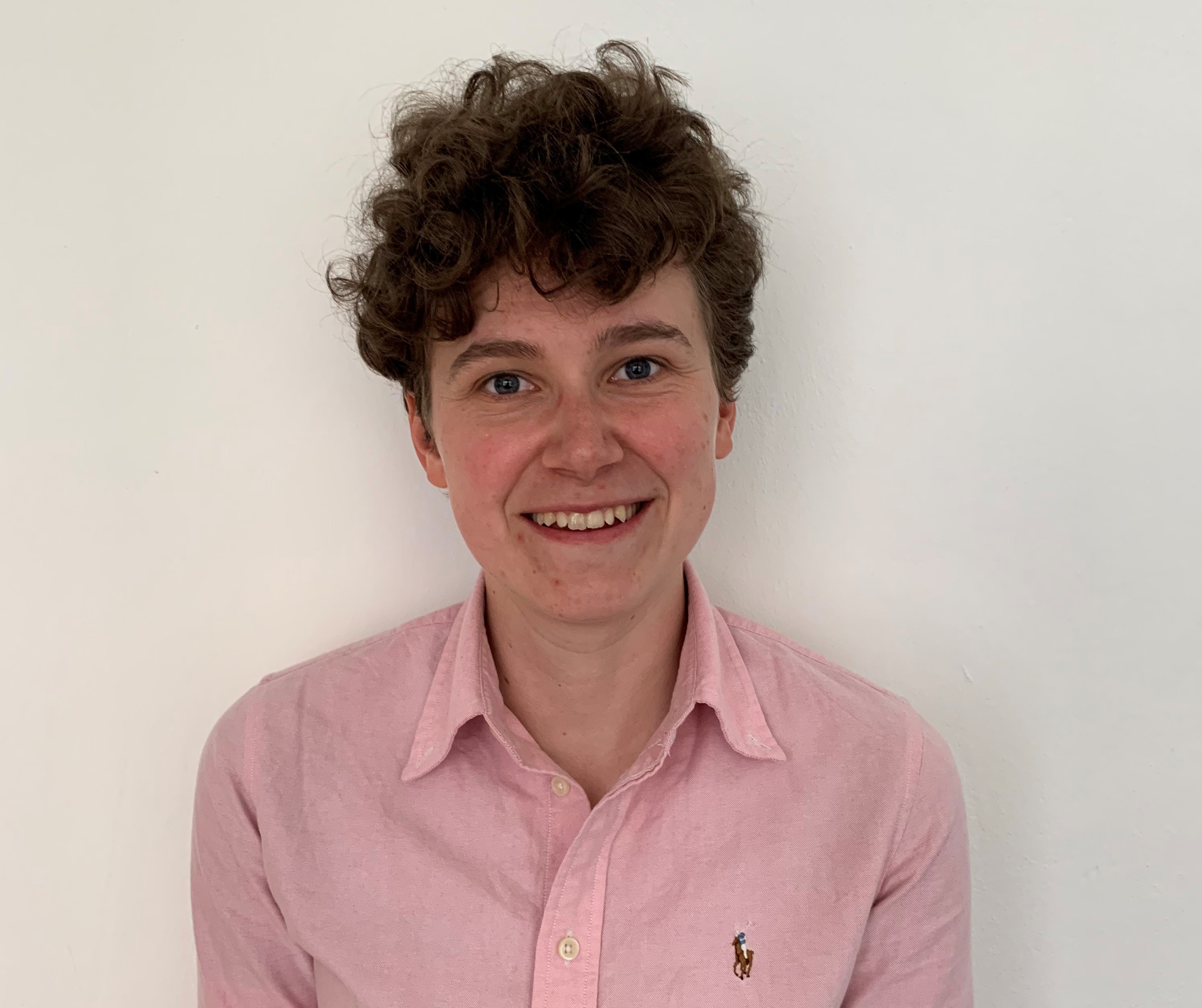Legal Mobilization, Cause Lawyering, and Crimmigration Law
Associated with:
This webinar will explore the importance of promoting human rights in the refugee and migration contexts, illustrating how research, litigation and strategic advocacy can influence forced migration and related issues. The discussion will focus on how to promote just and consistent practices while researching or practicing immigration law. Through media, legislation and strategic litigation, national systems can be altered in order to serve broader interests.
Speakers:
- Stephen Manning, Attorney at the Immigrant Law Group PC and Founder and Executive Director of the Innovation Law Lab (both based in Portland, Oregon)
Stephen W Manning is an attorney in Portland, Oregon. He is a founding partner of Immigrant Law Group PC and the founder and director of the Innovation Law Lab, a non-profit that is equal parts software engineers, immigrant rights lawyers, and community organizers who work together to advance immigrant and refugee justice. Considered the most innovative lawyer in North America for 2017 by The Financial Times, he is an Ashoka Changemaker Fellow, the recipient of the 2015 AILA Founders Award for the person who had the most impact on immigration policy, 2010 Jack Wasserman Memorial Award for Excellence in Immigration Litigation, the 2009 Edith Lowenstein Memorial Award for Excellence in Advancing the Practice of Immigration Law, the 2008 Gerald R Robinson Award for Excellence in Immigration Litigation, a Bill & Ann Shepard Law Scholar and other awards and recognition. He is an accomplished distance runner, climber, open water swimmer, and ski mountaineer. He lives with his husband, James Wilson, in Portland, Oregon in a home they designed and built.
Abstract
The U.S, not dissimilar from other Western countries, has created a migration systems that operates largely as an expulsion system—actual inbound migration operates against the natural tendency of the system. This is so for many interrelated reasons that confound good policy making because migration in the U.S. has become an ossified, politicized "wicked problem". There are two related interventions advocates for migrants confronting the "wicked problem" of migration in a system of exclusion can draw on to begin the unwinding of the problem into real, on-the-ground change: (1) Massive collaborative representation aggregates lawyers to change the balance of power between individuals and private or governmental deportation entities for better policy outcomes. (2) Liminal State Theory enables non-state actors to operationalize traditional state functions for excluded populations to achieve outcome parity and, possibly, political parity with included populations. Both interventions are technology-enabled that scale rapidly and coherently to tackle big problems with a small-ish footprint.
- Kris van der Pas, PhD Candidate, Centre for Migration Law, Department of International and European Law, Institute for Management Research, Radboud University Nijmegen, the Netherlands.

Abstract: Legal mobilization in the field of (crim)migration law is on the rise. Famous high-profile cases were designed by collective actors to make an impact on the crimmigration field. A large number of forums are explored, such as national courts, the European Court of Human Rights, the European Court of Auditors, and the International Criminal Court. This has also generated increasing academic attention for the topic. However, there is no established, clear field of research (as of yet). In this talk, I will map out some of the existing research on legal mobilization, such as studies on the ‘turn to the courts’ including theories of Political/Legal Opportunity Structures or organizational structures, and the (limited) studies on the impact of legal mobilization. I will also point towards the current gaps in the literature. Lastly, I will focus on what is, in my opinion, the most pressing issue for the years to come: research on the potential of legal mobilization in crimmigration law. This type of research has received limited attention in Europe thus far, which is likely related to the pitfalls that I will explore as well.
- Jeff Handmaker, Associate Professor in Legal Sociology at the International Institute of Social Studies of Erasmus University in The Netherlands
Dr. Jeff Handmaker is associate professor in legal sociology at the International Institute of Social Studies (ISS) of Erasmus University Rotterdam (Hague campus) and a senior research fellow at the University of the Witwatersrand, School of Law. He teaches and conducts research on the social and political dimensions of mobilizing law in relation to a variety of contexts and themes, including migration. He studies migration not as a crisis in and of itself, but rather the extent to which legal learning has (not) taken place in managing various, migration-related crises. He leads the Legal Mobilization Project at ISS.
Title: Challenging the mantra of irregular migration in international development policies through legal mobilisation
Abstract: In May 2018, the Trouw newspaper quoted then Minister of Development Cooperation Sigrid Kaag that her objective was to ‘prevent migration and terror’ by way of development aid, claiming ‘as Africans develop some perspective, they will be less inclined to step on a boat’. The Dutch government and the EU’s division on Migration and Home Affairs have insisted that irregular migration and return are a core focus of the EU’s External Investment Plan, alongside ‘crisis and terrorism’. In this talk, I will critique the dominant policy regime underpinning regional and national policies on international mobility, which are based on the goal of combatting irregular migration. This comprises extra-territorial, securitised measures that have resulted in violations of international human rights law; such measures amount to lawfare. Apart from their negative impacts, such measures prevent us from understanding, let alone addressing the underlying reasons why people are moving transnationally. In other words, there is a failure of legal learning. I will explain the potential of legal mobilisation, both as a pedagogical approach to crisis learning, and as a means to redress the retrogressive measures of states that flow from the lawfare mantra of irregular migration.


 Add to calendar
Add to calendar


